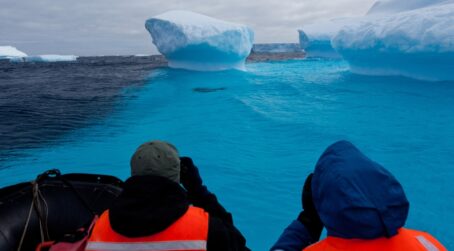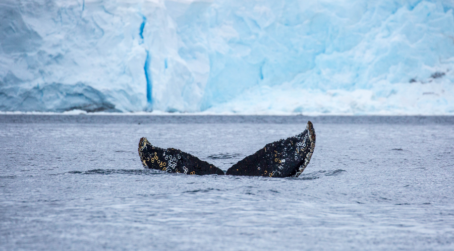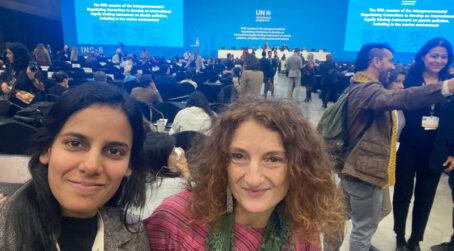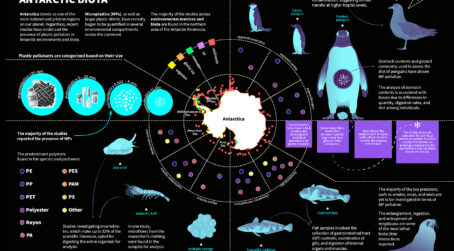
Event title: Plastic pollution in the Southern Ocean: a global outlook
Date: 10 March 2022
Summary:
Plastic pollution has become a global environmental issue, reaching even the most pristine and remote wildernesses of our planet such as the Southern Ocean (SO). SO biodiversity and ecosystem functions are vulnerable to plastic pollution and detrimental impacts are expected on wildlife. Understanding the sources of plastics entering from within and outside the SO and quantifying the scale of the problem are necessary to minimize any environmental threat to SO biodiversity and ecosystem services. This Satellite activity aims to engage a conversation on plastic pollution in the SO within the broader perspective of the Global Ocean. Innovative solutions and mitigating actions at national and global levels to tackle the issue of plastic pollution in this region will been envisaged.
Summary slides of the event.
Host:
SCAR Plastic in Polar Environments Action Group steering committee
Moderators:
Clara Manno, British Antarctic Survey, Cambridge (UK)
Claire Waluda, British Antarctic Survey, Cambridge (UK)
Ilaria Corsi, University of Siena (Italy)
Cath Waller, University Hull (UK)
Elisa Bergami, University of Modena and Reggio Emilia (Italy)
Panelists:
Steve Fletcher, Director of the Sustainability and the Environment Research Theme, University of Portsmouth, UK
Hyoung Chul Shin, Vice President of Korea Polar Research Institute (KOPRI), Korea
Louise Emmerson, Australian Antarctic Division, Australia
Marcelo Leppe Cartes, Director, Nacional del Instituto Antártico Chileno, Chile
Dr Ilka Peeken, marine biologist, Alfred Wegener Institute, Germany
Key audience:
Multidisciplinary audience with different backgrounds (academics, businesses, environmental agencies, management bodies) both operating in the SO and those externally who have an impact on the SO.



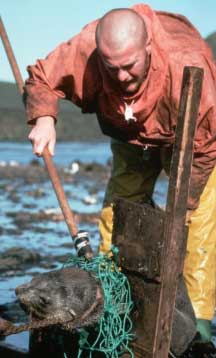
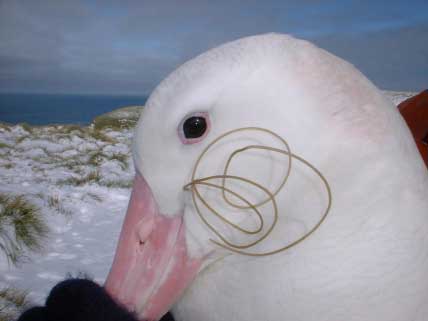 Collate information on plastic pollution in the Antarctic and Arctic regions.
Collate information on plastic pollution in the Antarctic and Arctic regions.